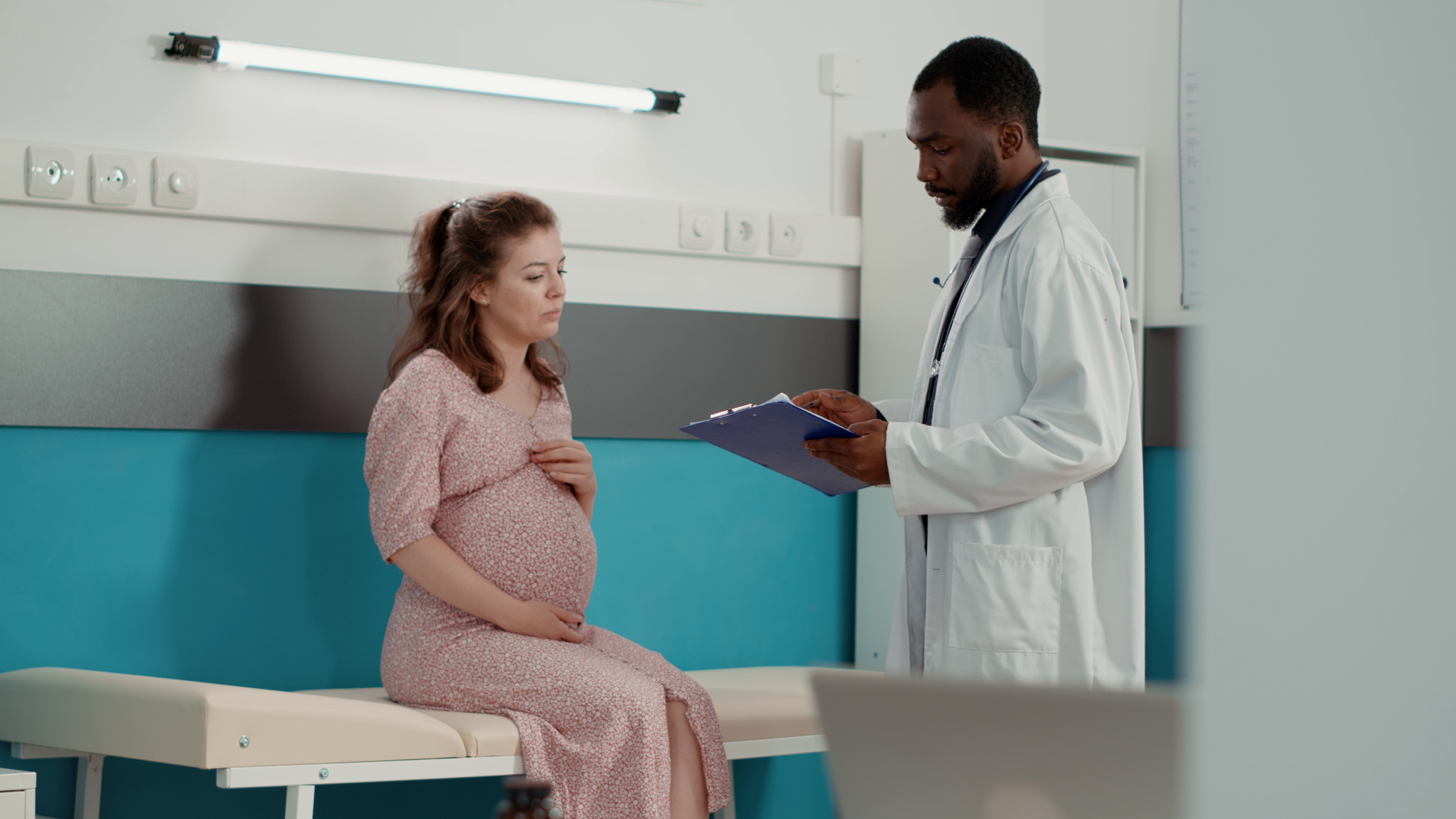Can Babies Be Born with an STI?
Blog Content
Did you know that sexually transmitted infections (STIs) can be passed from a pregnant person to their unborn baby?
Many people assume STIs are only transmitted through sexual contact, but in fact, some STIs can lead to congenital infections–where the infection is passed to the fetus during pregnancy or childbirth.
These infections can cause serious complications, such as stillbirth, neonatal death, neurological damage, and vision or hearing loss.
What Is a Congenital STI?
A Congenital STI occurs when a pregnant individual with an STI transmits the infection to the fetus, either during pregnancy through the placenta or during childbirth via the birth canal.
The good news is that most congenital infections are preventable with early diagnosis and appropriate treatment.

Common STIs That Can Be Transmitted to Newborns
1. Syphilis
- Transmission: Through the placenta during pregnancy
- Potential impact: Miscarriage, stillbirth, preterm birth, low birth weight, congenital abnormalities, neurological damage, meningitis, enlarged liver
2. Chlamydia
- Transmission: Through the birth canal during delivery
- Potential impact: Newborn conjunctivitis, pneumonia
- In mothers: increased risk of ectopic pregnancy and pelvic inflammatory disease (PID)
3. Gonorrhea
- Transmission: During vaginal delivery
- Potential impact: Conjunctivitis in newborns → may lead to vision damage or blindness
- In mothers: risk of uterine infection and preterm labor
4. HIV (Human Immunodeficiency Virus)
- Transmission: During pregnancy, delivery, or breastfeeding
- Potential impact: Congenital HIV infection → weakened immune system, delayed growth, long-term health complications
When Should STI Testing Be Done During Pregnancy?
| Test Type | Recommended Screening Time | Recommended Rescreening Time |
|---|---|---|
| Syphilis | Early pregnancy + at 28 weeks + at delivery | Every trimester for high-risk pregnant individuals |
| Chlamydia, Gonorrhea | Early pregnancy | Third trimester for high-risk pregnant individuals |
| HIV | Early pregnancy | Third trimester for high-risk pregnant individuals |
Testing Timeline reference:
- First trimester: Weeks 1–13
- Second trimester: Weeks 14–27
- Third trimester: Weeks 28–delivery
Regular prenatal STI testing is the most reliable way to detect infections early and prevent complications for both mother and baby.
Tips for Preventing STIs During Pregnancy
- Get tested for STIs with your partner
- Practice safer sex by using condoms consistently
- Seek medical attention if you notice abnormal discharge, itching, or other symptoms
- Get a full health screening before trying to conceive
STIs during pregnancy can affect the mother and the health of the baby. Fortunately, most infections are completely preventable with routine prenatal screening and timely treatment.

